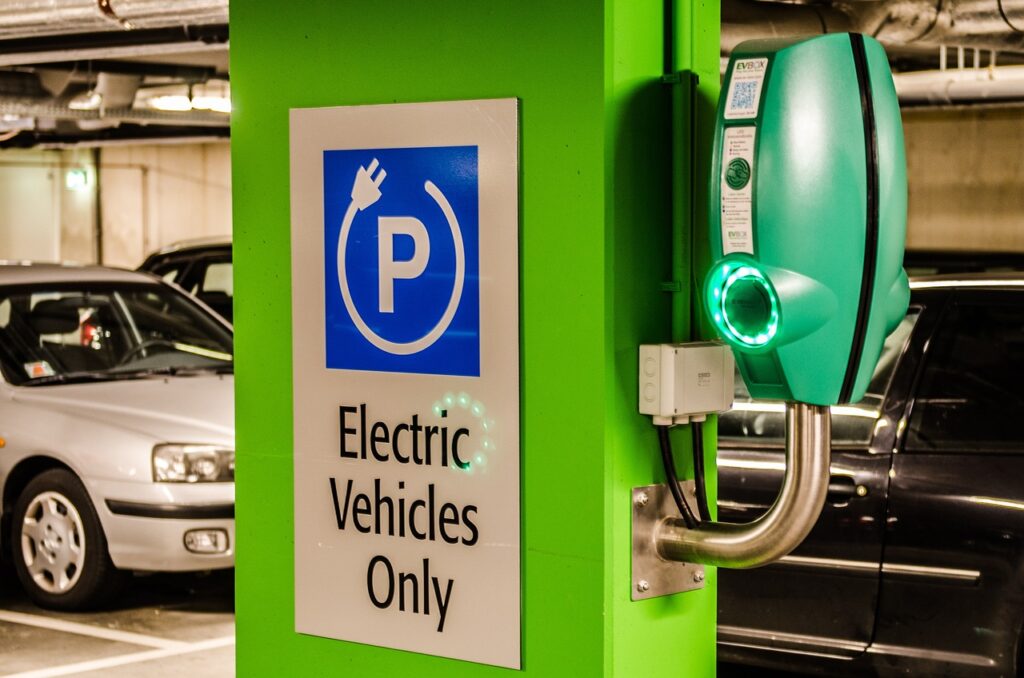- Many low-income households in the U.S. are at risk of not reaping the benefits of the clean energy transition.
- Even with a switch to electric vehicles, more than half of low-income households would still spend more than 4% of income on transportation energy.
- Researchers suggest that government should subsidize EV charging infrastructure, work to reduce electricity costs, and make public transit, cycling, and car sharing more accessible.
By: Anthropocene Magazine | January 17, 2023
In a first-of-its-kind study, researchers demonstrate the climate and financial benefits of EV ownership—and the danger of leaving vulnerable populations behind.
Charging an electric car would be cheaper than filling up with gasoline for 90% of car-owning households in the United States, according to a new study. The same proportion of households would also see their carbon footprint shrink by making the switch to an electric vehicle.
But many low-income households would still face a heavy financial burden from the cost of transportation energy, the study reveals, highlighting the complexities of rolling out green technologies in an equitable way…
Policymakers will also need to pay close attention to low-income households to make sure they’re not left behind in the electric vehicle transition. The researchers found that even with a switch to electric vehicles, more than half of low-income households would still spend more than 4% of income on transportation energy. That proportion rises to more than three-quarters if home charging is unavailable and people have to rely on (generally more expensive) public chargers.
Read more from the Anthropocene Magazine.



